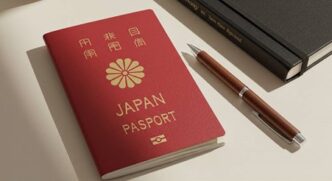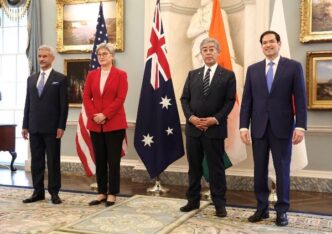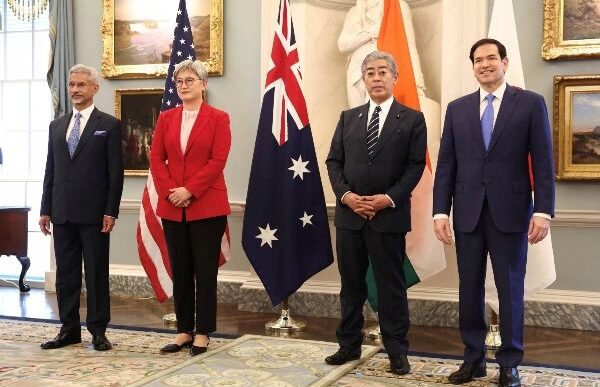Despite holding one of the most powerful passports in the world, only about one in six Japanese citizens currently own one. Japan’s passport, ranked second globally in terms of travel freedom, allows visa-free access to 190 countries and territories — yet passport issuance has slowed dramatically in recent years.
Experts point to a combination of economic and cultural factors driving this shift, including a weak yen, stagnant wages, and an increasing disinterest in international travel among Japan’s younger generation.
According to government data, passport ownership in Japan hovers around 16%, a stark contrast to countries like the United States (around 48%) and Germany (over 80%). While the COVID-19 pandemic caused a sharp decline in international travel worldwide, Japan’s recovery in outbound tourism has lagged, suggesting deeper changes are at play.
A Cultural Shift: From Aspiration to Abandonment
This decline is part of a broader trend among young Japanese known as “XX-banare” — loosely translated as “giving up on XX.” The phrase has become shorthand for a generation increasingly opting out of what were once considered milestones or status symbols.
Among the most cited examples are:
- Tabibana-re (旅ばなれ): Giving up on travel
- Kuruma-banare (車ばなれ): Giving up on owning a car
- Kekkon-banare (結婚ばなれ): Giving up on getting married
- Nomikai-banare (飲み会ばなれ): Giving up on going out drinking
These shifts reflect not just changing priorities, but economic realities. Japan’s wages have remained largely stagnant for decades, and the depreciating yen has made international travel considerably more expensive. The cost of living continues to rise, while full-time, long-term employment becomes harder to secure for many young people.
As a result, luxuries like overseas vacations, car ownership, or even elaborate weddings are increasingly seen as out of reach or unnecessary.
Domestic Tourism on the Rise
Interestingly, while international travel has slumped, domestic tourism has seen a boost. Scenic rural destinations, local cuisine, and regional festivals have become more attractive — especially when travel within Japan offers lower costs and fewer logistical hurdles.
The Japan Tourism Agency has leaned into this trend, encouraging residents to explore the beauty of their own country. Popular campaigns like the “Go To Travel” initiative, aimed at subsidizing domestic tourism, found enthusiastic support, particularly among younger travelers seeking budget-friendly alternatives.
The Passport Paradox
Japan’s low passport ownership sits in stark contrast to the high global ranking of its travel document. For the ninth consecutive year, the Henley Passport Index ranked Japan among the top three, granting citizens access to 190 destinations without a visa. However, for many Japanese — especially those under 35 — that freedom means little if they lack the time, money, or interest to use it.
“It’s ironic,” says sociologist Keiko Yamamoto. “Japanese citizens are among the most privileged when it comes to international mobility, but many are choosing not to exercise that freedom. It’s not just economics; it’s a redefinition of what success and fulfillment look like.”
Looking Ahead
The Japanese government has expressed concern over these trends, especially as they relate to declining birthrates and economic stagnation. Initiatives to encourage international exchange, youth mobility, and entrepreneurship abroad are being developed, but they face cultural headwinds.
In the meantime, Japan’s younger generation continues to chart a new course — one less focused on the outward symbols of prosperity, and more grounded in simplicity, sustainability, and self-preservation. Whether this shift marks a temporary pause or a lasting transformation remains to be seen.
But for now, the world remains just a passport stamp away — even if fewer and fewer Japanese are choosing to get one.

















